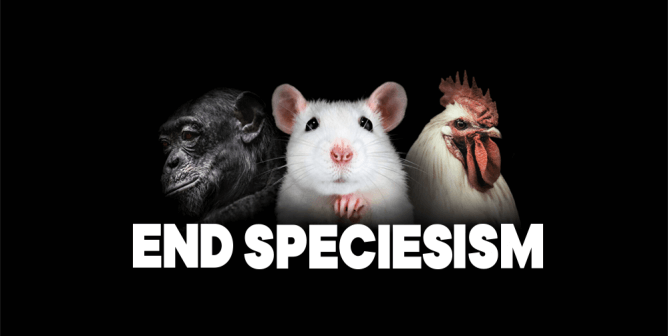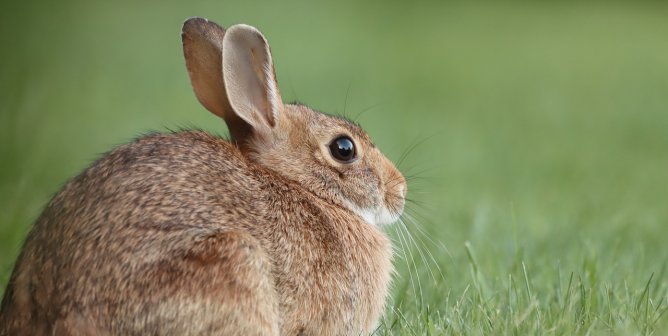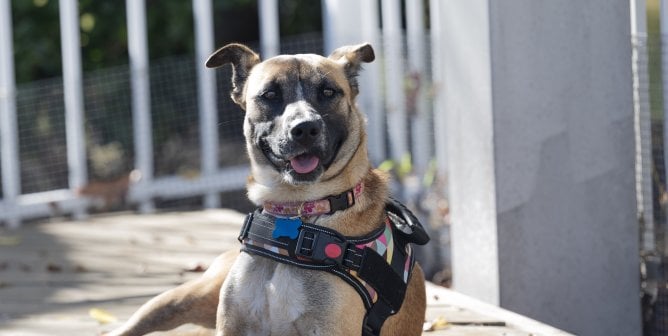The Not-So-Sweet Reality of the Sugar Glider Pet Trade
Sugar gliders, aka “sugar bears,” may steal hearts online and in person, but their very appeal is also their downfall. Shoppers may buy these social and sensitive animals while walking around in the mall and seeing them being peddled at a kiosk. But often impulse buyers quickly realize that they are unprepared for the responsibility of caring for these active, inquisitive, nocturnal animals.
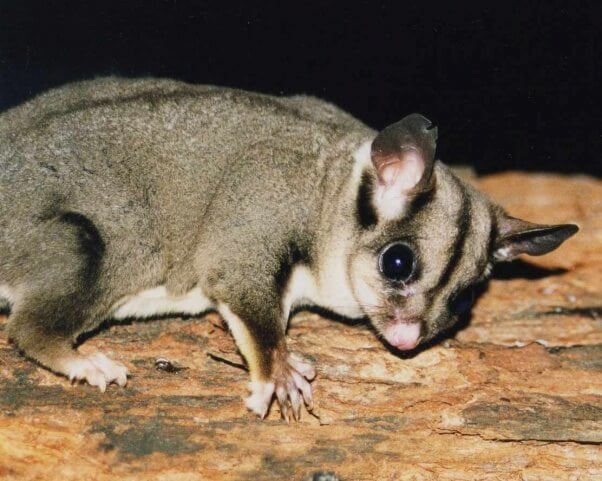
Sugar gliders are tiny marsupials native to Australia. In their natural habitat, they live in large family groups. They enjoy grooming and interacting with each other. As nocturnal animals, they are commonly subjected to bright lights and loud noises while their human guardians are awake during daylight hours, which can make sleeping difficult for them. They are also tree dwellers, avid climbers with a furry membrane spanning from wrist to ankle that allows them to glide from tree to tree—similar to a flying squirrel. But their arboreal lifestyle means that they have sharp claws for climbing and grasping, which can make it uncomfortable or even painful for humans to hold them in their bare hands.
Many people who buy sugar gliders on a whim come to realize that their home is simply an unsuitable environment for this type of animal. When kept as “pets,” they are denied everything that’s natural and meaningful to them—the companionship of their own species, fresh air, the outdoors, and the opportunity to climb or do almost anything other than pacing or sitting and peering out of a tiny cage.
In the international pet trade, they’re bred in hellish facilities similar to puppy mills. Untold numbers of sugar gliders and other small animals are stuffed into tiny containers (sometimes even plastic water bottles) and shipped all over the world to be sold to unwitting consumers. Buying any animal funds this international network of suffering.
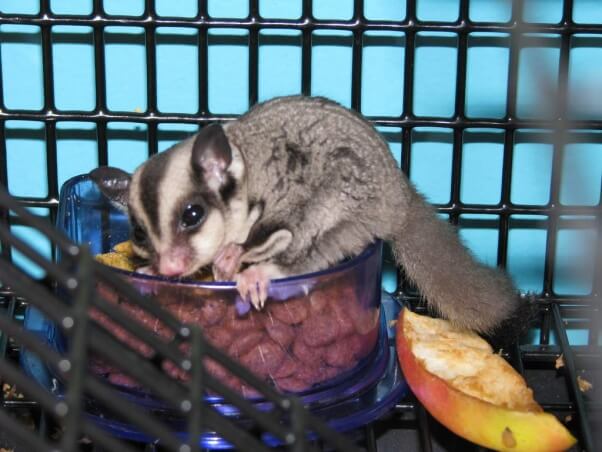
Among the most notorious companies contributing to this problem is Pocket Pets, which targets impulse buyers by peddling sugar gliders in mall kiosks all over the U.S. After being contacted by PETA, more than 1,300 retail locations nationwide now prohibit the sale of sugar gliders, including the largest mall owner in the U.S., Simon Property Group. Another leading retail manager, Macerich, is phasing out pet stores in all of its more than 70 malls nationwide and is instead offering the stores’ old spaces as adoption centers for homeless animals.
What You Can Do
Don’t ever support the merciless, mercenary breeding industry by buying any animal, including sugar gliders. If you’re ready for the responsibility of bringing an animal companion into your life, please adopt a homeless animal from a reputable shelter.

